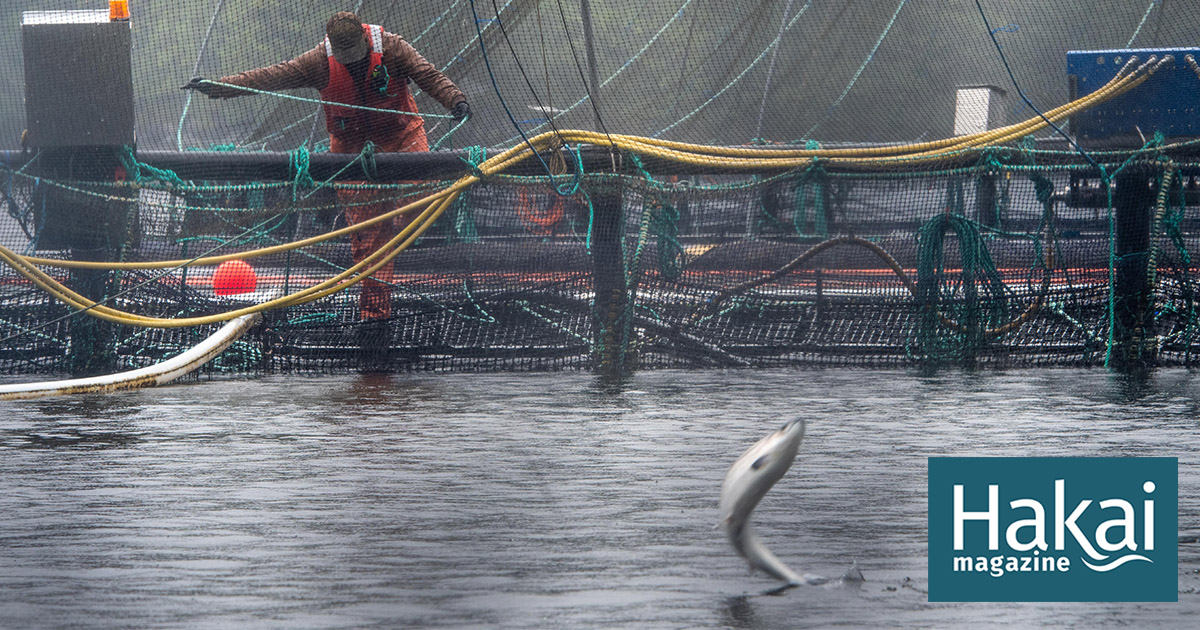IronNoggin
Well-Known Member
Scientists Level New Critiques of Fisheries and Oceans Canada’s Scientific Rigor
Twenty-five years ago, after the collapse of the Atlantic cod fishery, Jeffrey Hutchings, a preeminent fisheries scientist and professor at Dalhousie University in Nova Scotia, sounded the alarm that Canada’s federal fisheries department was allowing “nonscience influences” in critical decision-making. Writing at the time, he said, “There is a clear and immediate need for Canadians to examine very seriously the role of bureaucrats and politicians in the management of Canada’s natural resources.”Today, a new crop of researchers is once again imploring Fisheries and Oceans Canada (DFO) to change its ways. At the core of their concerns is a number of systemic and structural ways in which DFO gathers, parses, and handles scientific information, and how that advice is passed on to decision-makers.
“DFO has a legal duty to protect and conserve fish for Canada,” says Gideon Mordecai, a researcher at the University of British Columbia who specializes in fish viruses. “We’re saying that legal duty is not being met.”
In a new paper, Mordecai and his colleagues lay out their critiques of how DFO handles—or mishandles—scientific advice.

Scientists Level New Critiques of Fisheries and Oceans Canada’s Scientific Rigor | Hakai Magazine
Critics allege the federal department’s ability to provide vital scientific advice is weighed down by systematic industry and political interference.

